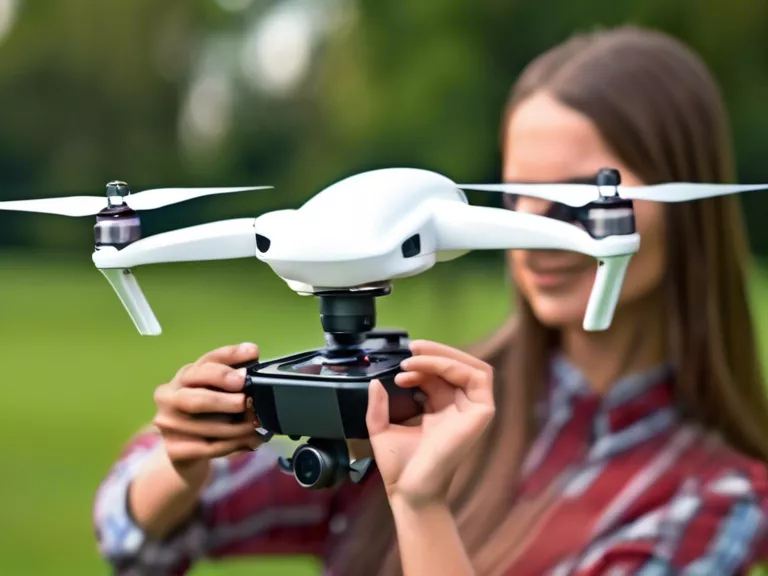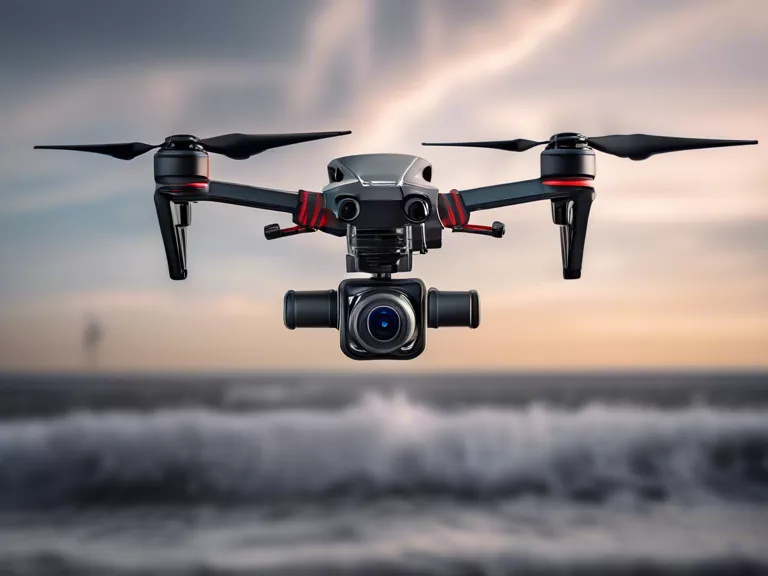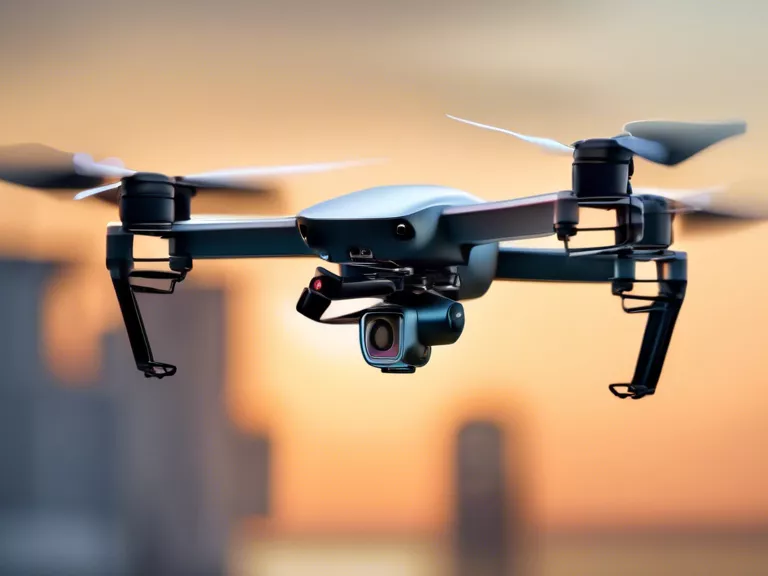
In the rapidly evolving field of healthcare, robotics are making a significant impact by enhancing surgical precision and improving patient outcomes. Robotic-assisted surgeries have the potential to revolutionize the way various medical procedures are performed, offering numerous benefits to both patients and healthcare providers. From minimally invasive surgeries to complex procedures, robotics are changing the landscape of healthcare with their advanced technology and precision.
One of the key advantages of robotics in healthcare is the ability to perform minimally invasive surgeries with greater accuracy. Traditional open surgeries often require larger incisions, leading to longer recovery times and increased risk of complications. On the other hand, robotic-assisted surgeries utilize smaller incisions and offer more precise movements, resulting in reduced blood loss, lower risk of infection, and faster recovery for patients. This improved precision also allows surgeons to access hard-to-reach areas of the body with greater ease, making complex surgeries safer and more effective.
Additionally, robotics enable surgeons to perform procedures with enhanced visualization using high-definition cameras and 3D imaging. This allows for better clarity and depth perception during surgery, leading to more accurate tissue removal and improved overall outcomes. The robotic systems also provide real-time feedback to the surgeon, allowing for adjustments to be made quickly and efficiently during the procedure. This level of precision is especially beneficial in delicate surgeries such as neurosurgery and cardiac procedures, where even the smallest movement can have significant consequences.
Robotic-assisted surgeries are also associated with shorter hospital stays and quicker recovery times, allowing patients to return to their daily lives sooner. The reduced trauma to the body from smaller incisions and more precise movements leads to less pain and scarring, further enhancing the patient experience. In addition, the use of robotics in healthcare has shown to improve the overall success rates of surgeries, with lower rates of complications and higher patient satisfaction.
In conclusion, robotics are playing a crucial role in improving healthcare with surgical precision. As technology continues to advance, we can expect to see even greater innovations in robotic-assisted surgeries, leading to enhanced patient care and better outcomes across various medical specialties.



